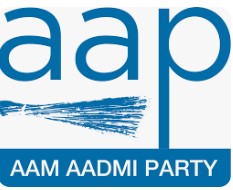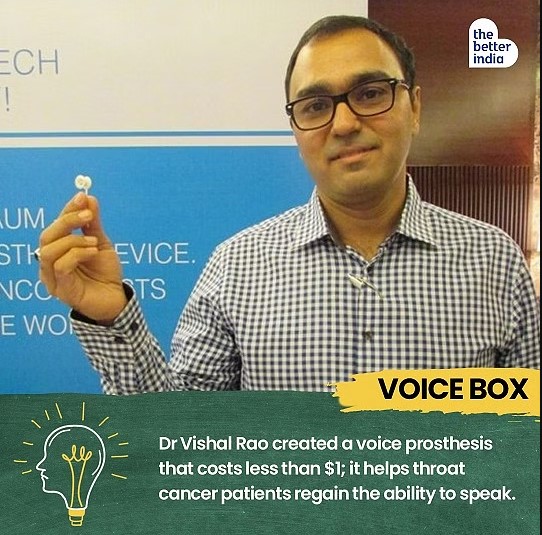Black Cowboys and Cowgirls
June 17, 2025

The Aam Aadmi Party (AAP), translated as the Common Man's Party, is a prominent political party in India. Founded in November 2012, the party emerged as a result of a popular anti-corruption movement led by social activist Arvind Kejriwal and his team. AAP gained significant traction in a short span of time and has since become a major player in Indian politics. Here is some information about the Aam Aadmi Party, highlighting its key points and achievements:
- The Aam Aadmi Party was officially launched on November 26, 2012, with the aim of providing clean and transparent governance to the people of India.
- The party's ideology revolves around anti-corruption, participatory governance, and the welfare of the common people.
- Arvind Kejriwal: The founder of AAP and its prominent face. He served as the Chief Minister of Delhi from 2013 to 2014 and again from 2015 onwards.
- Manish Sisodia: A key member of the party, he has held several important positions in the Delhi government, including Deputy Chief Minister and Minister of Education.
- AAP made an impressive debut in the 2013 Delhi Legislative Assembly elections by winning 28 out of 70 seats, becoming the second-largest party.
- In the 2015 Delhi Assembly elections, AAP won a sweeping majority, securing 67 out of 70 seats, forming the government.
- The party focused on its governance model, emphasizing initiatives like Mohalla Clinics (neighborhood health centers) and improved education facilities.
- Mohalla Clinics: AAP launched these neighborhood health centers to provide free primary healthcare services to the people of Delhi.
- Quality Education: The party worked on improving government schools, providing better infrastructure, and emphasizing the quality of education.
- Subsidized Electricity and Water: AAP implemented policies to provide subsidized electricity and free water supply to residents of Delhi.
- AAP expanded its reach beyond Delhi and contested elections in other states, including Punjab, Goa, and Uttar Pradesh.
- While the party faced mixed results in these states, it became the principal opposition party in Punjab after winning 20 seats in the 2017 state elections.
- Anti-corruption: AAP has been committed to fighting corruption and has emphasized the need for transparent governance.
- Decentralization: The party advocates for greater decentralization of power and direct participation of citizens in decision-making processes.
- Welfare Programs: AAP has focused on implementing various welfare programs to uplift marginalized sections of society.
- Lack of Experience: Critics argue that AAP's rapid rise to power resulted in a lack of experienced politicians within the party.
- Governance vs. Activism: Some critics suggest that AAP should strike a balance between activism and effective governance.
- Conflicts with Central Government: AAP has had conflicts with the central government, leading to administrative challenges and limitations.
- In the 2020 Delhi Assembly elections, AAP secured a comfortable majority, winning 62 out of 70 seats.
- The party's focus on issues like public healthcare, education, and welfare resonated with the voters, leading to its electoral success.
In conclusion, the Aam Aadmi Party has emerged as a significant force in Indian politics with its focus on anti-corruption, participatory governance, and welfare programs. With its electoral victories and policy initiatives in Delhi, the party has demonstrated its commitment to the well-being of the common people. However, it also faces challenges

June 17, 2025

June 17, 2025

June 17, 2025

June 17, 2025

June 17, 2025

June 17, 2025

June 17, 2025

June 17, 2025

June 17, 2025

June 17, 2025